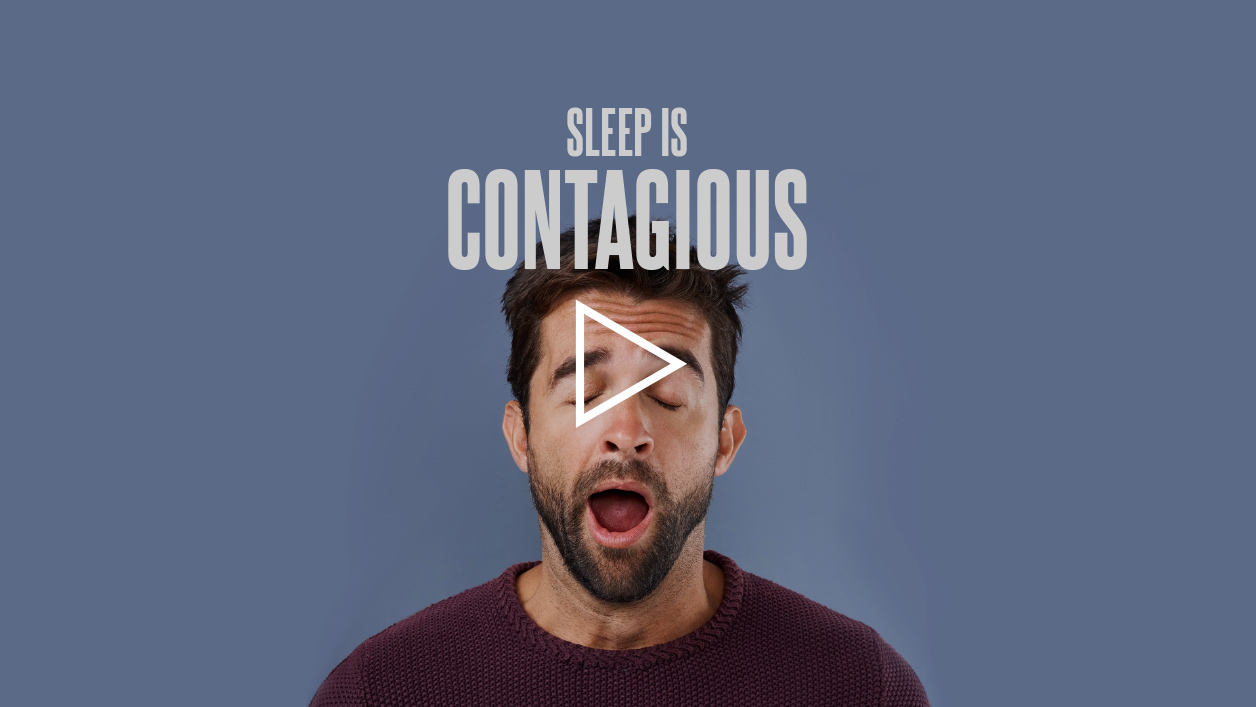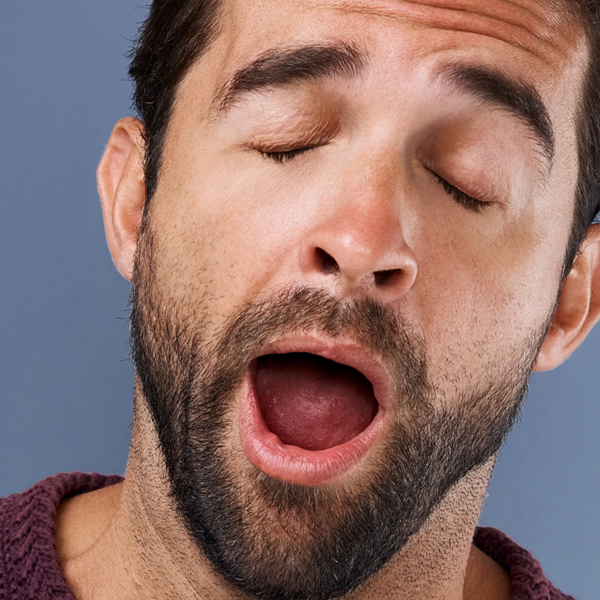
From irritability and lack of concentration to worsening of hypertension and diabetes.
And there is more: during the pandemic, sleep disorders increased even more. However, with some changes in the daily routine and, perhaps, medical follow-up, it is possible to sleep better and, of course, live better!
Why do
we need
to sleep?
There is not only one reason:
to save energy, to rest the body, to maintain cognitive functions, and even to get rid of some toxins and memories that our brain no longer needs.
How much time do we need to sleep?
This question is asked very often, and the answer is that over the years, our sleep needs gradually change.
Newborns can sleep up to 17 hours a day, while seniors need fewer hours of sleep to get full rest.
For most adults, the most ideal is to sleep between 7 and 9 hours a night.
What does the lack of sleep cause?
Sleeping less than your body needs is more harmful to your health than it seems. At first, this lack of sleep seems to affect “only” our mood, willingness, and creativity.
However, this condition involves major problems, such as lack of concentration and an increased risk of depressive disorders. And that’s just being within the realm of mental conditions.
Sleep deprivation causes metabolic changes that can lead to weight gain, hypertension, diabetes, and even Alzheimer’s.
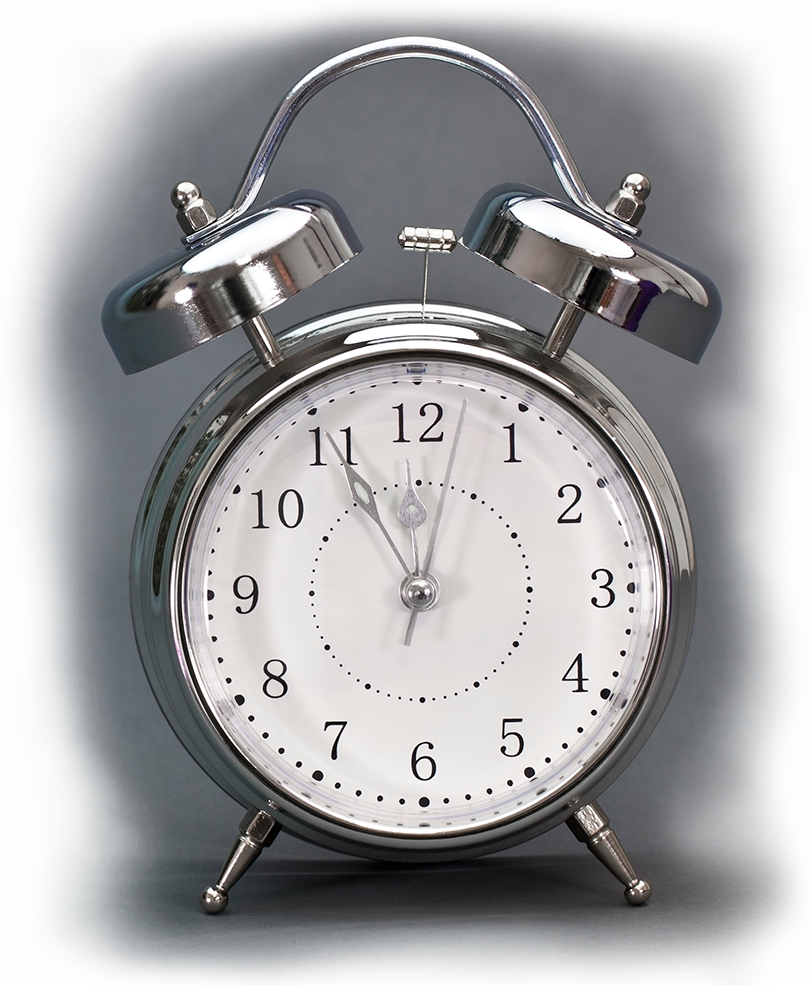
The Stages of Sleep
Our sleep is composed of two distinct phases: the so-called non-REM sleep, which is slower, and REM sleep, in which the brain activity is faster and Rapid Eye Movements (REM) take place.

The night begins with non-REM sleep, consisting of three different stages:
N1
transition from wakefulness to deeper (but still light) sleep
N2
total disconnection of the brain from real world stimuli
N3
deep sleep, with resting
brain activity
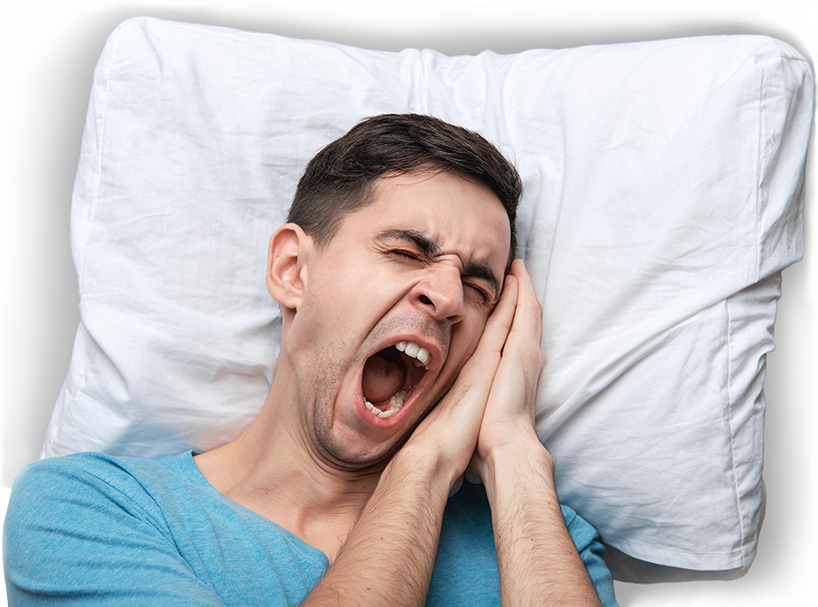
Then it’s time for REM sleep. In this phase, brain activity is intense, with rapid eye movements. This is when dreams happen, and also the consolidation of memory.
A full night’s sleep consists of four to six such cycles, containing both REM and non-REM sleep.
Each of these cycles lasts 90 minutes (in average), and in order to get up rested and ready for a new day, it is important to avoid getting up several times during the night.
Sleep Disorders
Whether it is due to difficulty in falling asleep or waking up with blocked airways, among other causes, about 45% of Brazilians declare having some kind of sleeping problem. And this number can be as high as 80%, depending on the time and scope of the complaints.
Learn about the main disorders and, if you identify any of the symptoms, seek medical help.
Insomnia
It is the difficulty in starting sleep, sustaining it during the night, or waking up before the desired time.
It can be temporary, usually due to psychological causes such as stress, anxiety, depression, and mourning, for example. For these reasons, cases of insomnia during the coronavirus pandemic increased sharply – and so did Google searches for this topic.
Chronic insomnia, on the other hand, extends over months and may last for years. To be classified as such, the condition must have recurred three or more times a week for at least three months.
This disorder mainly affects women (especially during menopause).
Obstructive Sleep Apnea
It happens when the airways in the throat are blocked during sleep (in some cases, repeatedly), leading to a stoppage in breathing of about 20 seconds. After this interval, the person wakes up with a loud snore.
According to the ABS (Brazilian Sleep Association), 1 in 3 people develop this disorder that, in the long run, can cause artery disease, heart attack, and stroke. And more: fat and blood sugar disorders, hypertension, and increased abdominal circumference.
Sleepwalking
It is a disorder caused by changes in the functioning of the brain in which, even while sleeping, the person performs activities such as walking and talking.
The episodes are more frequent in men and children, and treatment is generally only recommended when there is a risk of accidents or embarrassment to the person.
Sleep Paralysis
It is caused by a failure in communication between the brain and the rest of the body, and usually happens at the time of sleeping or waking up. Despite being conscious, for some reason, the person cannot move their body or speak.
It can also involve episodes of hallucination and various sensory experiences, such as the sensation of floating, for example. Sleep paralysis is caused by a failure in communication between the brain and the rest of the body, and in some cases requires monitoring by neurologists and psychiatrists.
Narcolepsy
It is a chronic neurological condition in which the person feels excessive sleepiness and falls asleep several times during the day (standing up, on public transportation, in the middle of work, at school, and even driving), even after a good night’s sleep.
Narcolepsy can cause many disorders and accidents, but its causes are not fully known: they may involve an imbalance in brain chemicals and genetic factors. The symptoms can be relieved with medication and therapy, since there is no cure.
Influence of screens on people’s sleep
With smartphones and tablets taking up more and more space in our daily lives, it is important to evaluate the impacts of this addictive relationship that affects up to 60% of people and, consequently, affects our sleep.
Although we are already used to watching television before going to sleep, gadgets have increased the two main effects of this use: interactivity (the stimuli that our brain receives when interacting with these electronic devices can disturb our sleep) and brightness (since the devices emit lights that simulate natural light, the brain does not assimilate the sleeping time).
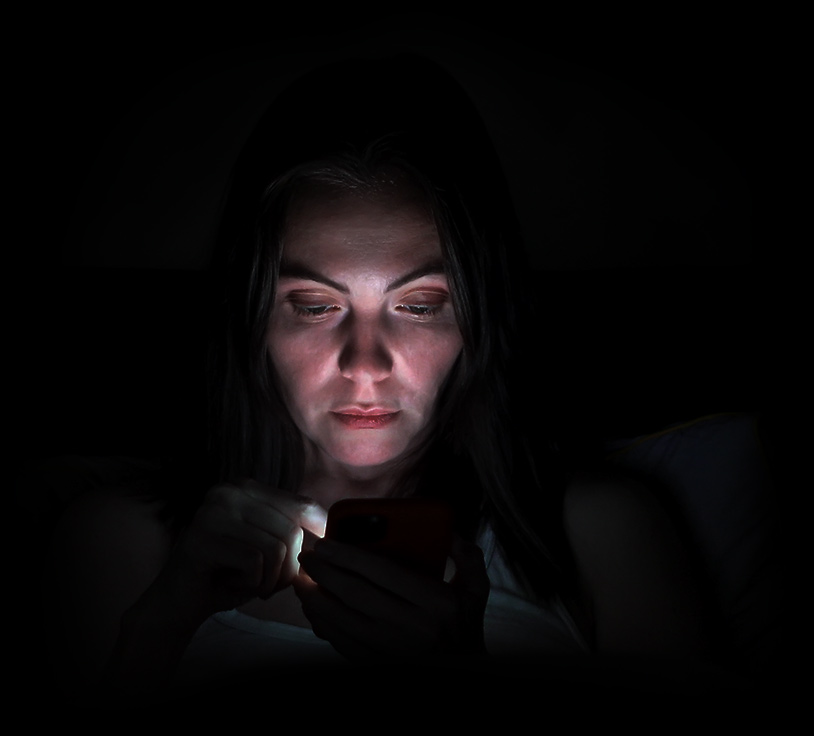
How to improve
your sleep
If habits like washing your hands and using hand sanitizer frequently became even more evident with the pandemic, know that Sleep Hygiene is also important! This concept refers to techniques and measures that aim to improve the quality of people’s sleep. Get to know some of them:
Using the cell phone
- Avoid bringing your cell phone into the bedroom when you go to sleep.
- If this is not possible, leave the device in the silent mode
- Dim the cell phone light at night
- If you wake up in the middle of the night, avoid using it
On a daily basis
- Avoid coffee, tea, cola and guaraná soft drinks at least 4 hours before going to bed
- Do not drink alcohol or smoke at least 6 hours before bedtime
- Don’t eat heavy meals before bedtime
- Avoid naps during the day
- Exercise 4 to 6 hours before bedtime
- Try to get some sunlight in the morning
- 4 hours before bedtime, take 20 minutes to organize your thoughts and avoid anxiety
When it’s time for bed
- Stay in bed only if you are sleepy
- Take a warm bath or shower
- Choose comfortable mattresses and pillows
- Try different sleeping positions
- Keep the room temperature pleasant
- Stick to a pattern of sleeping and waking times
- Keep the room dark and avoid sleeping in brightness
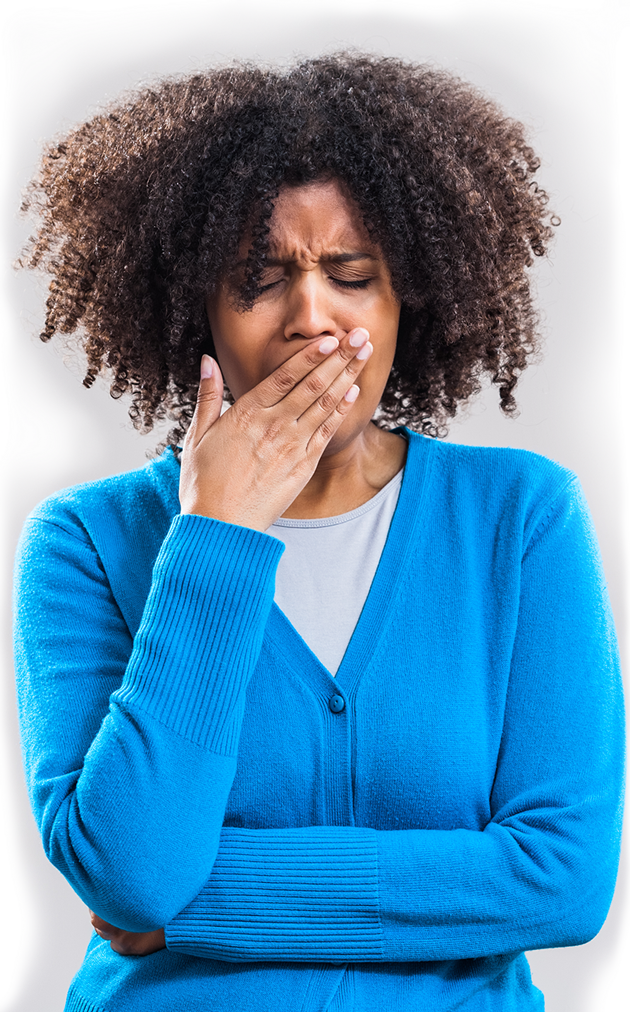
How to improve
your sleep
If habits like washing your hands and using hand sanitizer frequently became even more evident with the pandemic, know that Sleep Hygiene is also important! This concept refers to techniques and measures that aim to improve the quality of people’s sleep. Get to know some of them:
Using the cell phone
- Avoid bringing your cell phone into the bedroom when you go to sleep.
- If this is not possible, leave the device in the silent mode
- Dim the cell phone light at night
- If you wake up in the middle of the night, avoid using it
On a daily basis
- Avoid coffee, tea, cola and guaraná soft drinks at least 4 hours before going to bed
- Do not drink alcohol or smoke at least 6 hours before bedtime
- Don’t eat heavy meals before bedtime
- Avoid naps during the day
- Exercise 4 to 6 hours before bedtime
- Try to get some sunlight in the morning
- 4 hours before bedtime, take 20 minutes to organize your thoughts and avoid anxiety
When it’s time for bed
- Stay in bed only if you are sleepy
- Take a warm bath or shower
- Choose comfortable mattresses and pillows
- Try different sleeping positions
- Keep the room temperature pleasant
- Stick to a pattern of sleeping and waking times
- Keep the room dark and avoid sleeping in brightness
Bonus!
Why is yawning contagious?
If you watched the video and checked our campaign without being able to hold back the urge to yawn, know that there is a scientific explanation!
Scientists at the University of Nottingham, in England, have discovered that this occurs in the primary motor cortex, a part of the brain responsible for motor function, and is a type of automatic imitation of someone else’s speech or action (the so-called “echo phenomenon”).
Contagious yawning also happens to dogs and chimpanzees, and according to the study, trying to resist it only tends to intensify the desire to yawn.

Now that you know the ways to sleep better, just let sleep take hold of you!
z
z
MARCH 19th
WORLD SLEEP DAY
Technical Manager:
Dr. Sérgio Hércules – CRM (Regional Medical Council) 61.605



